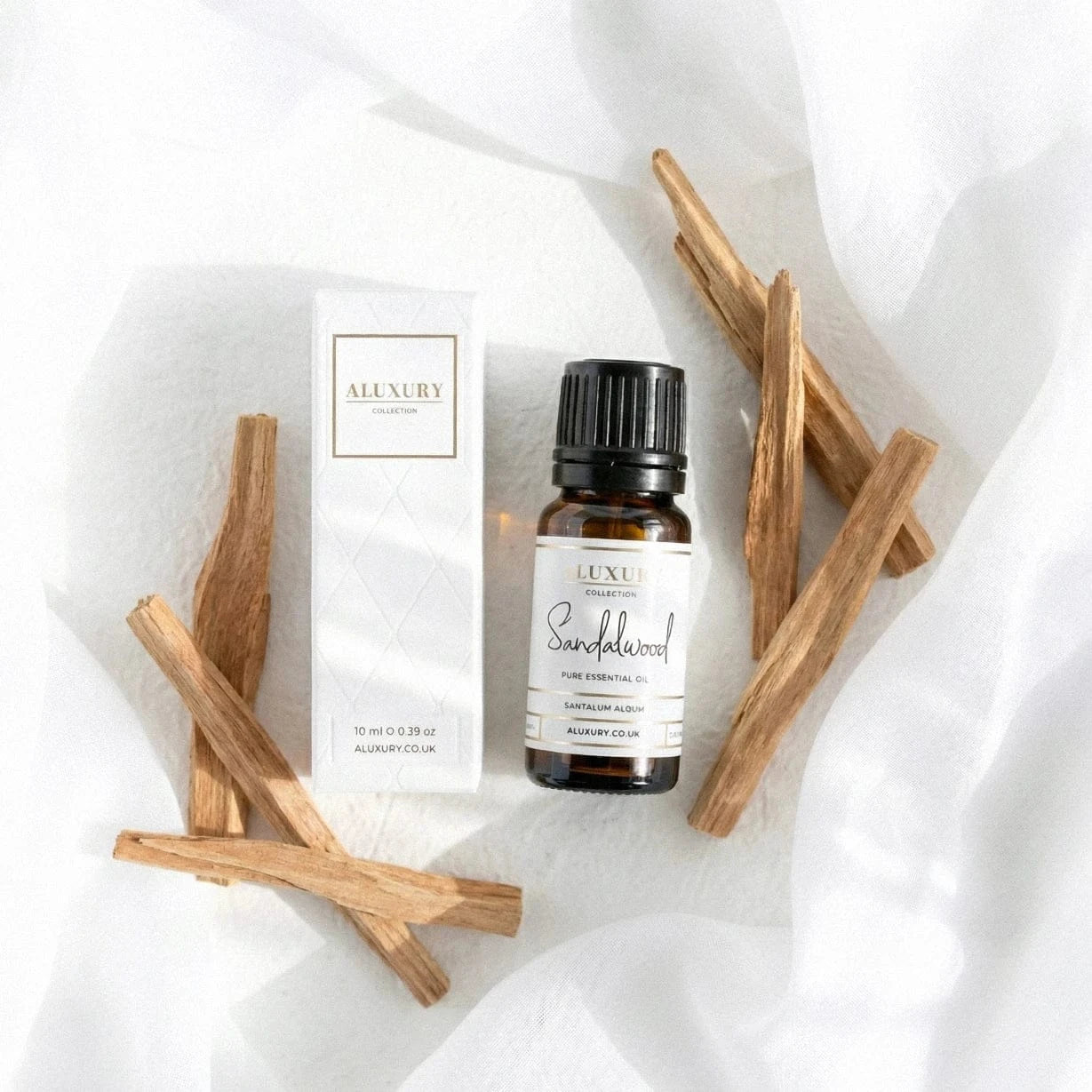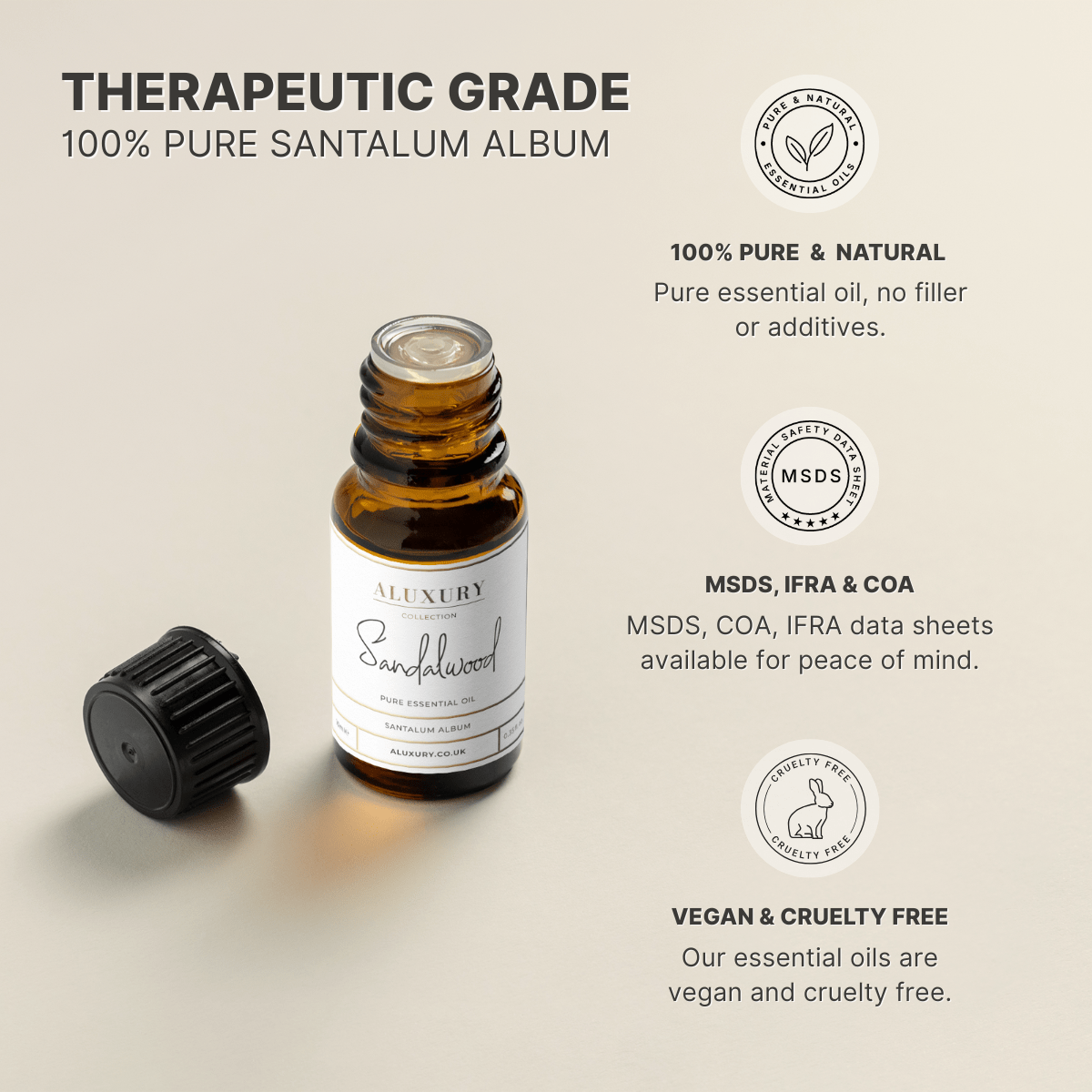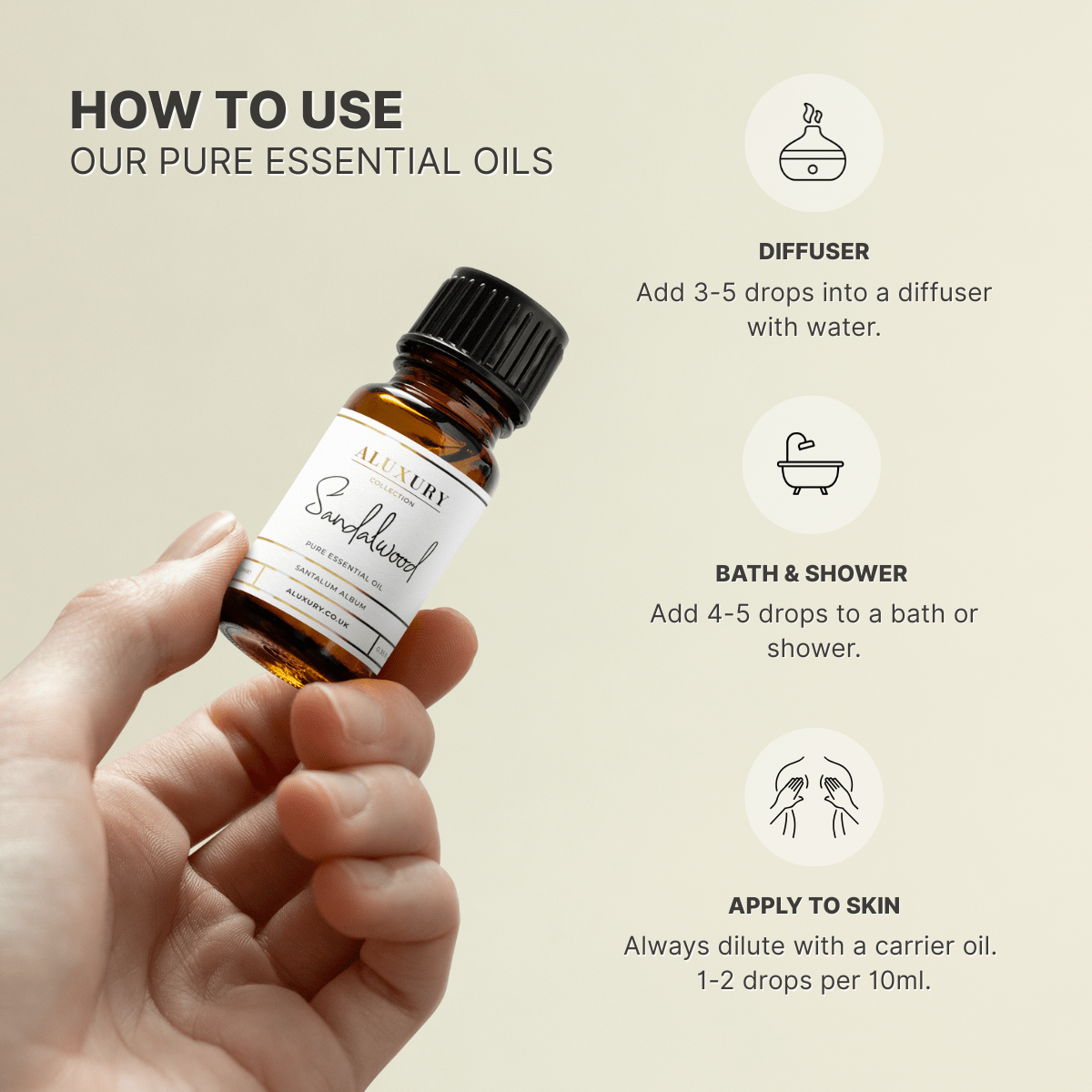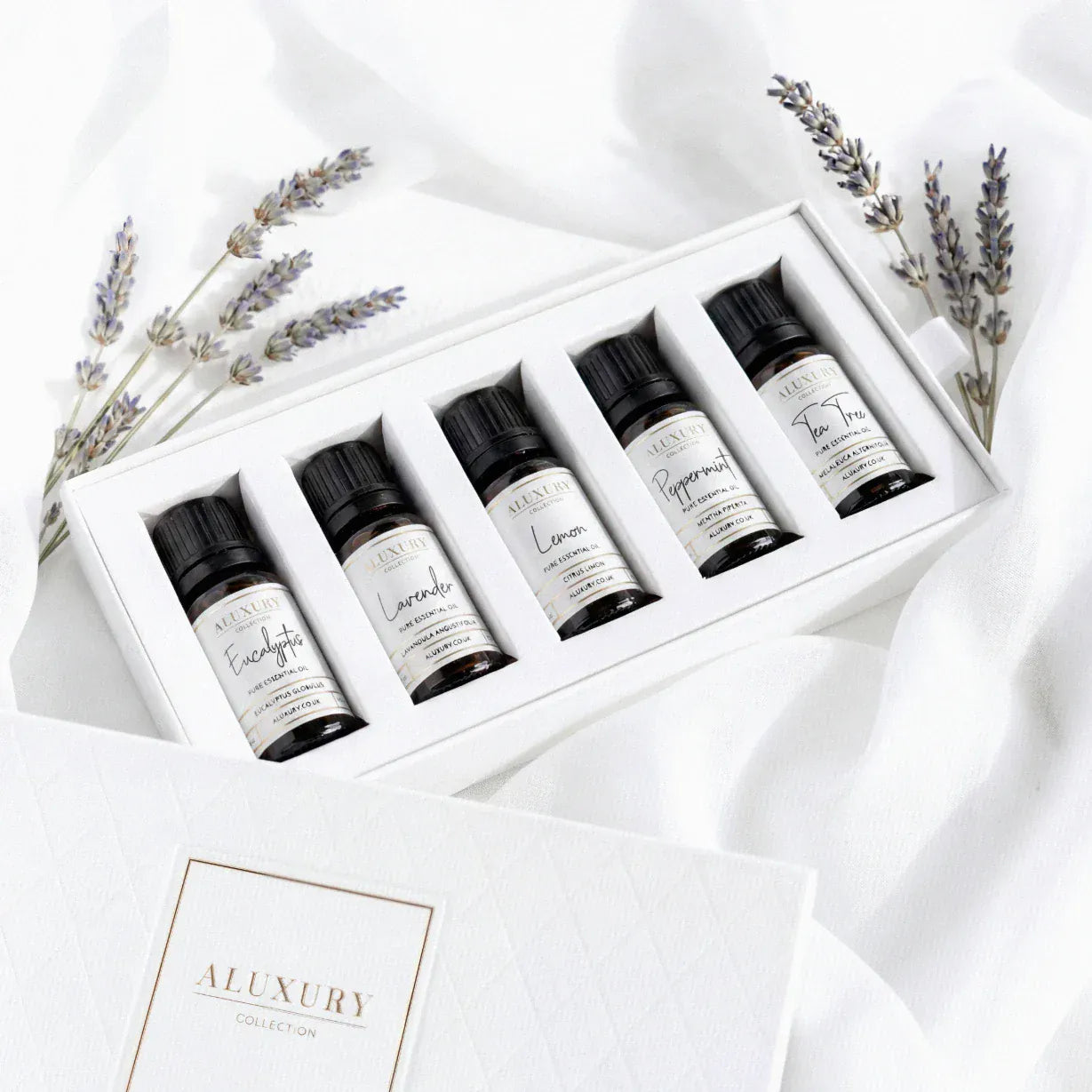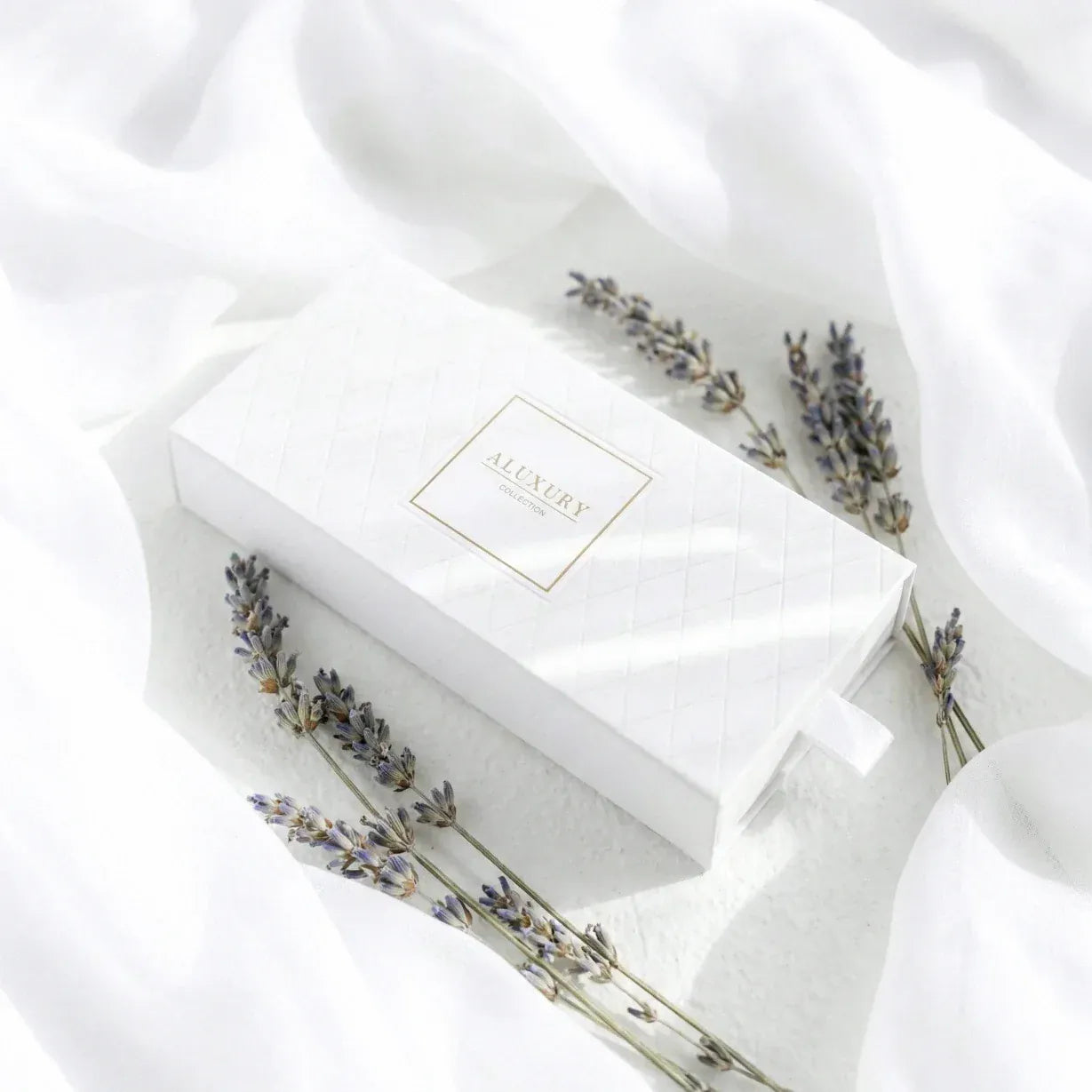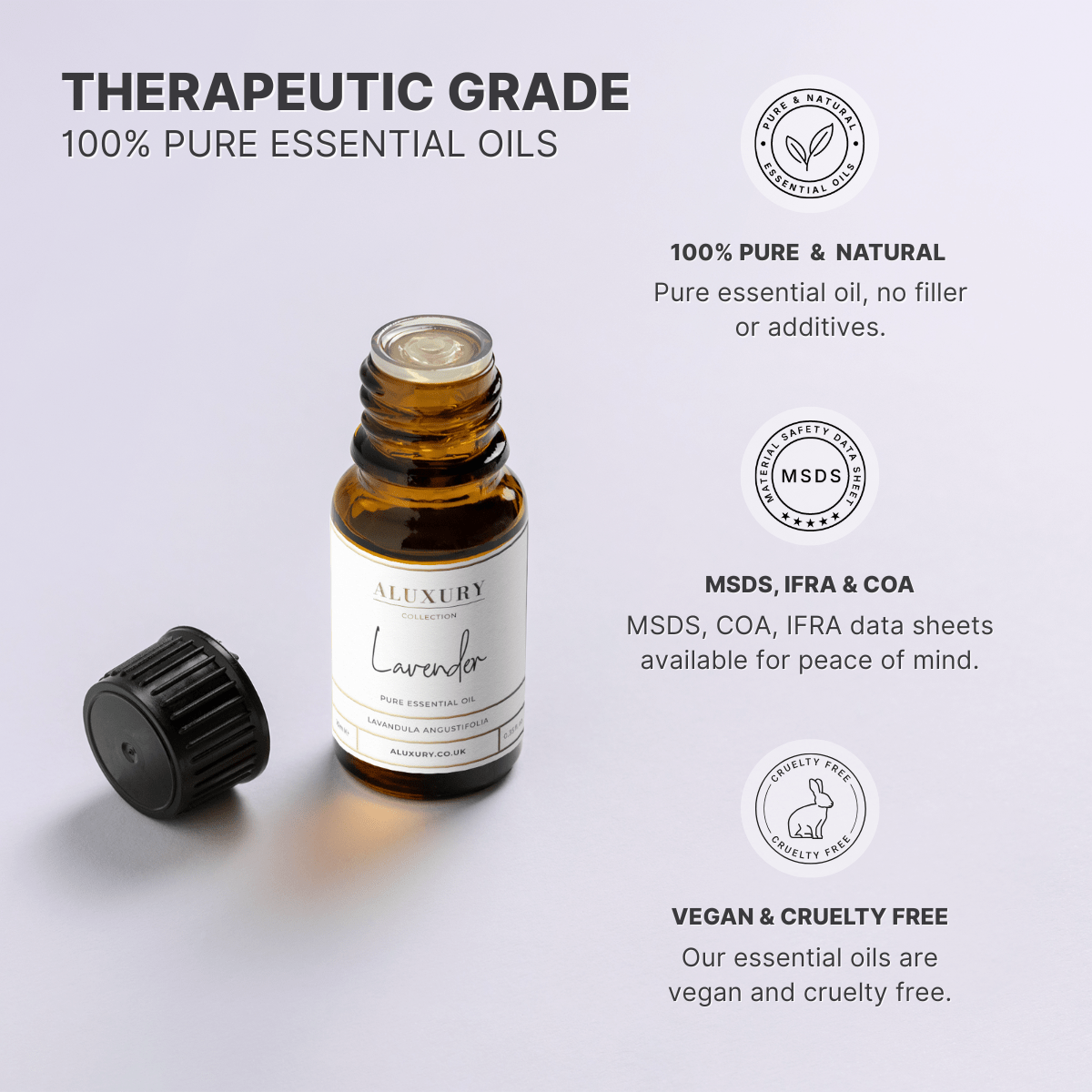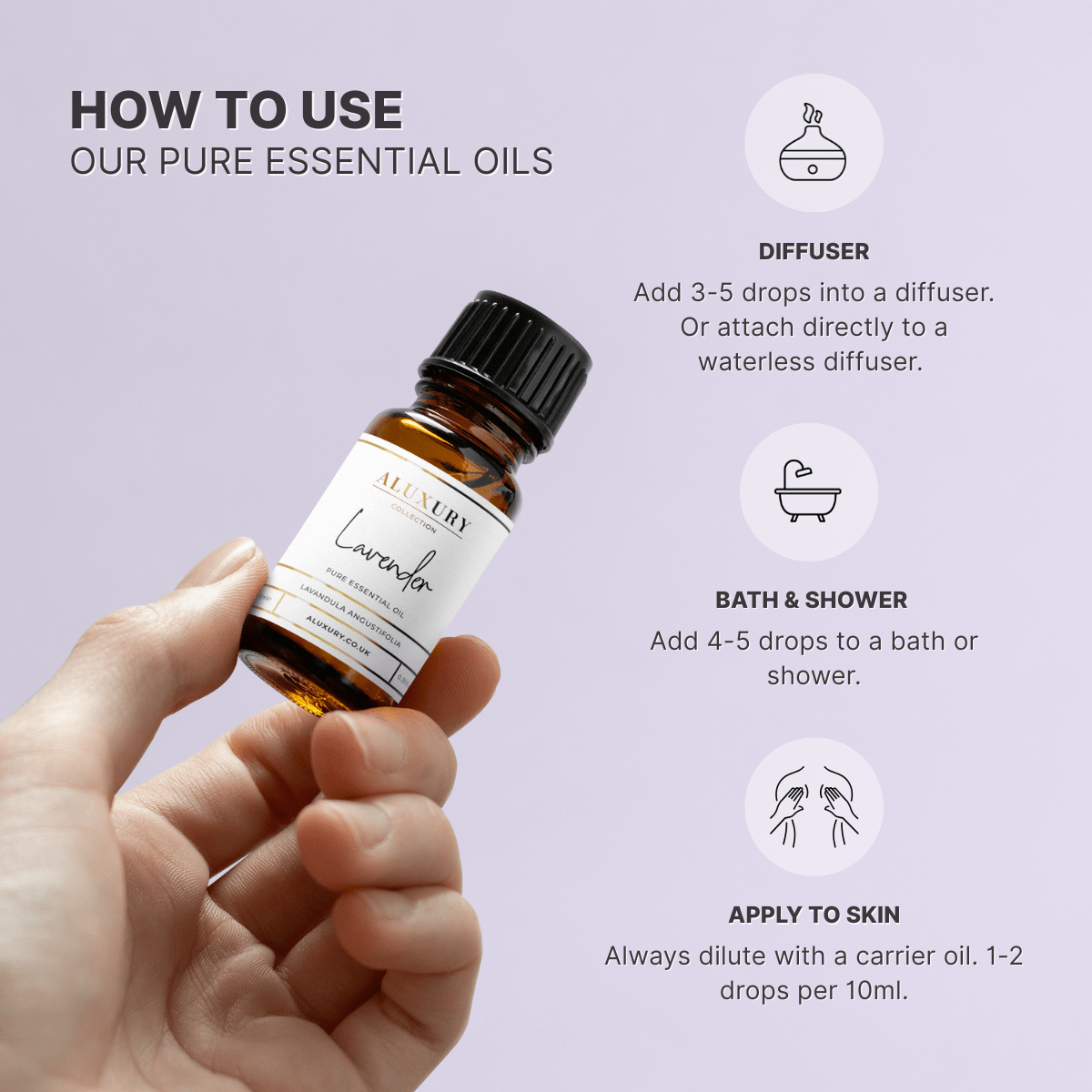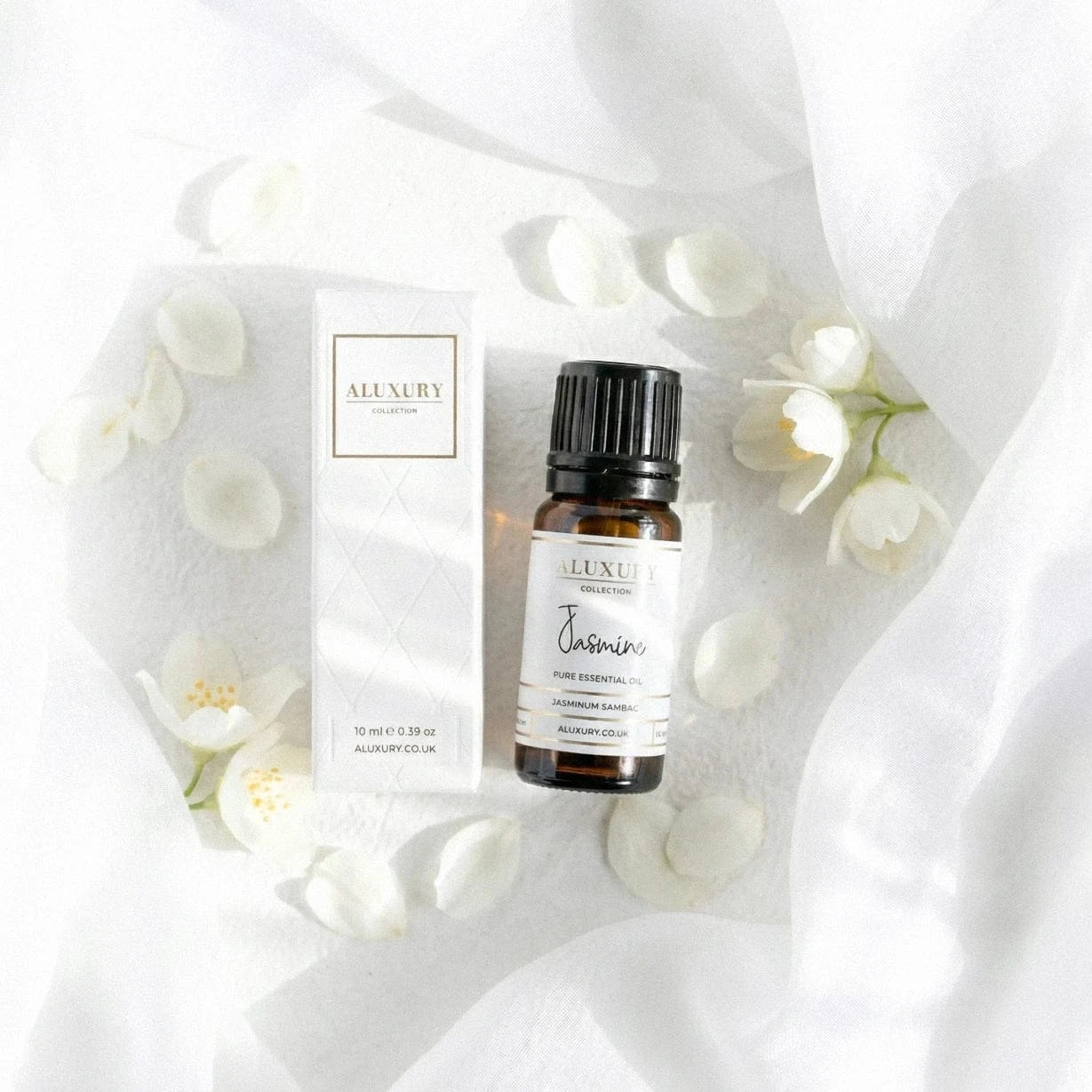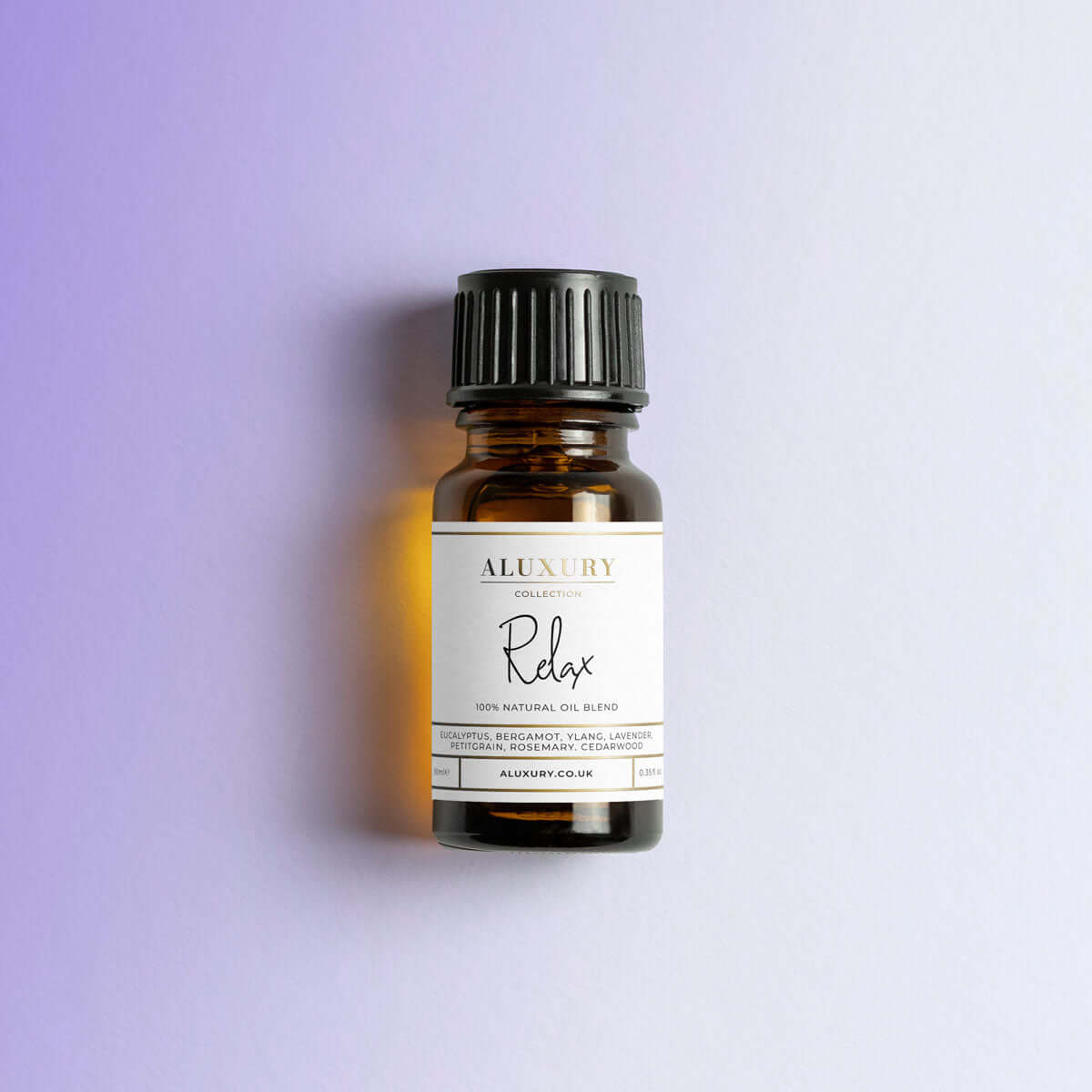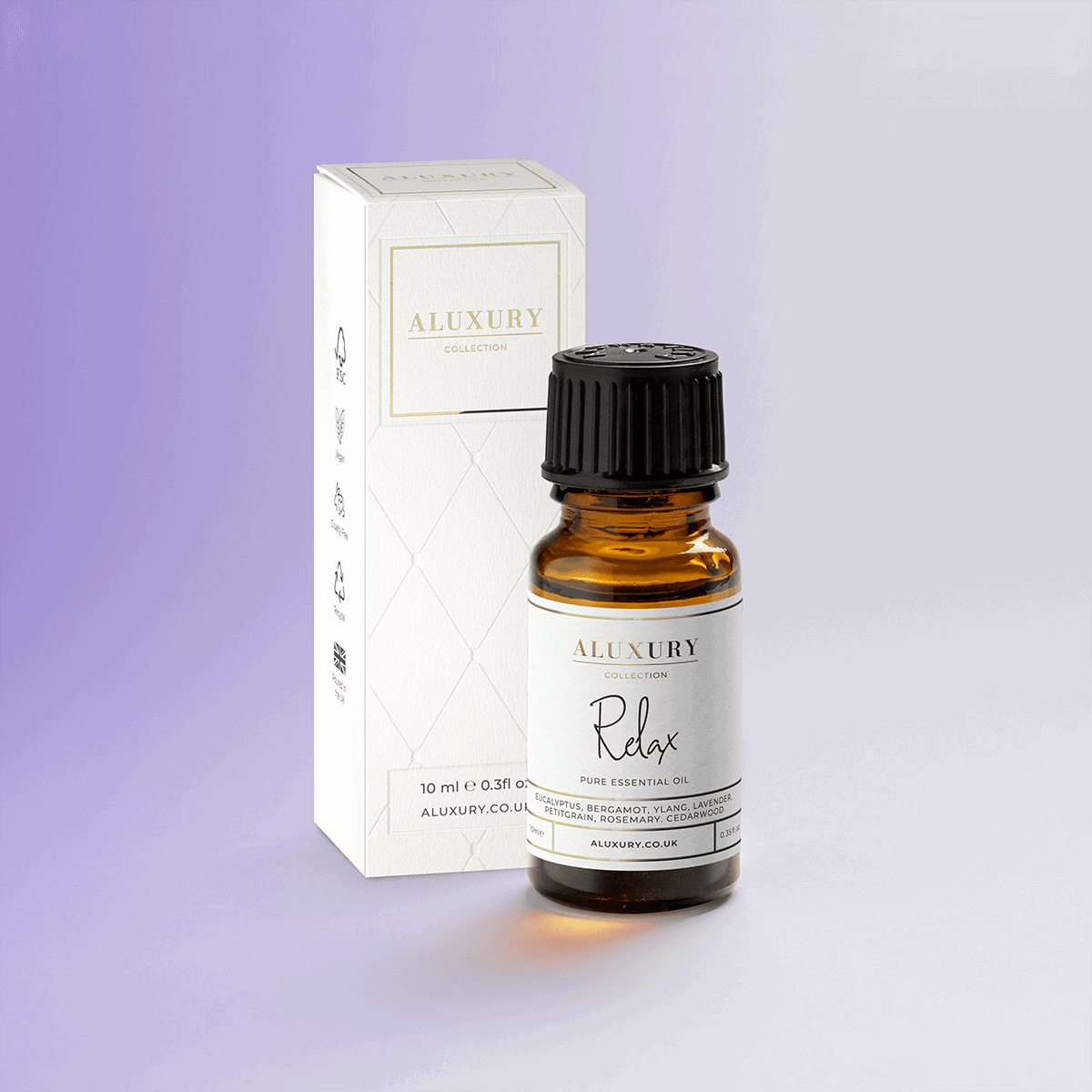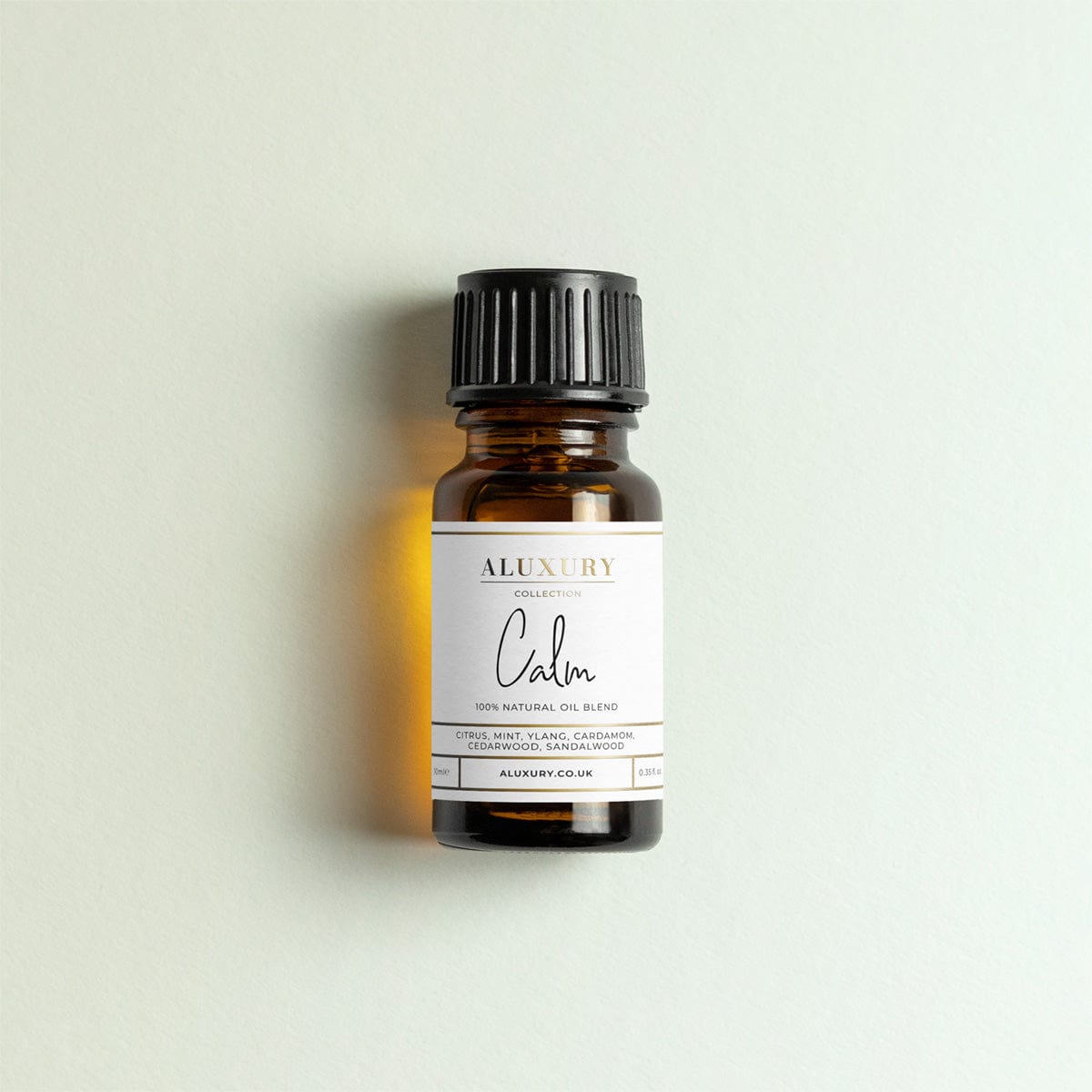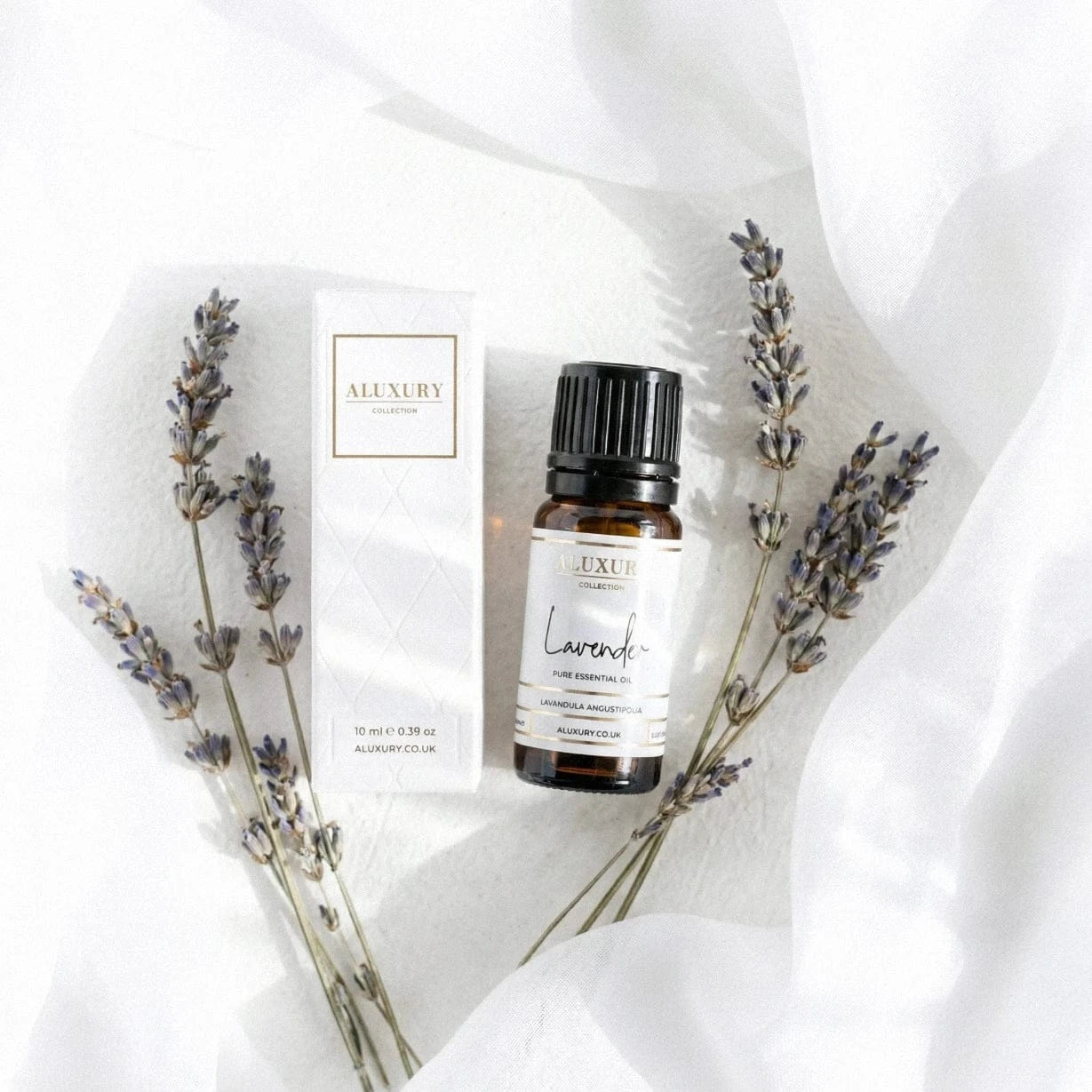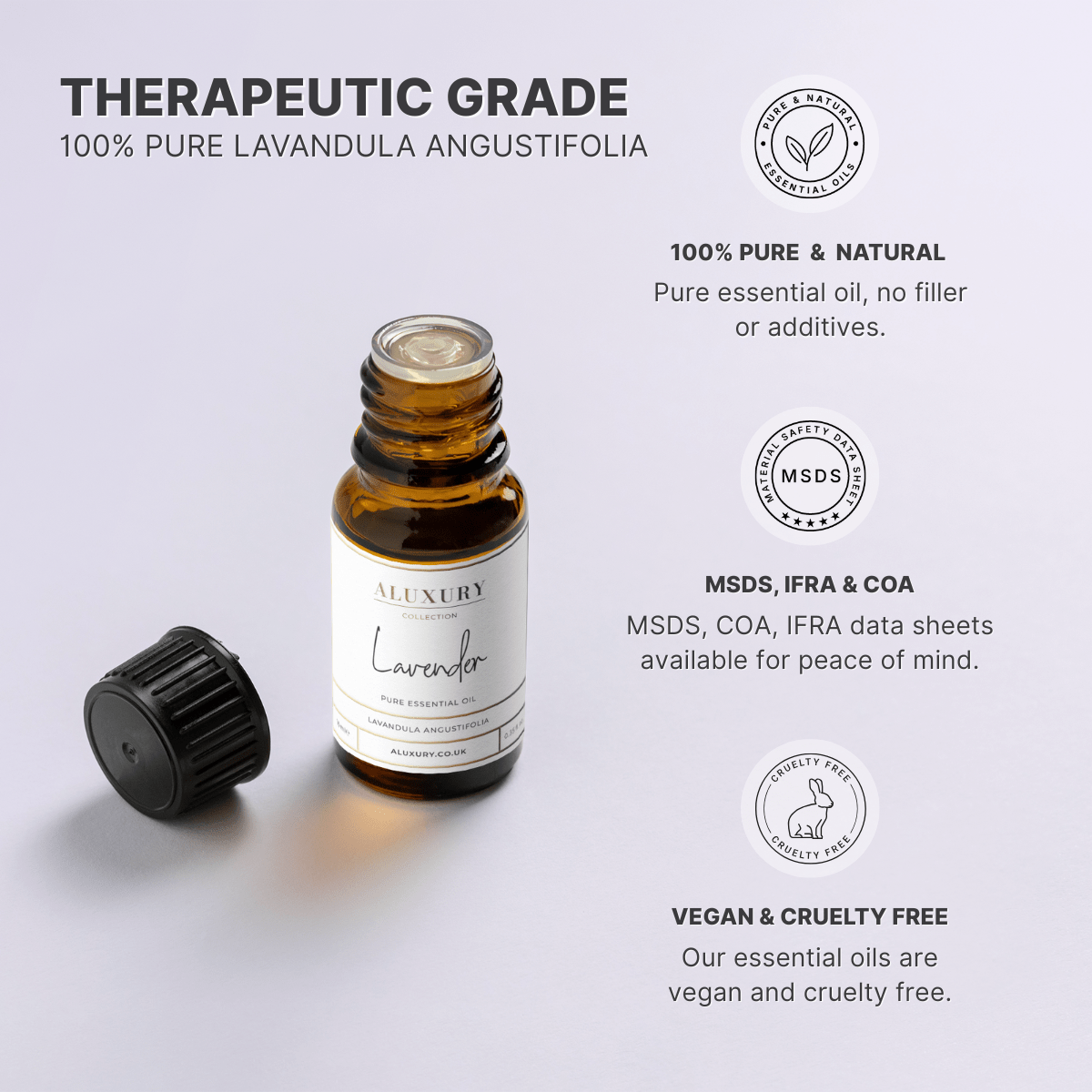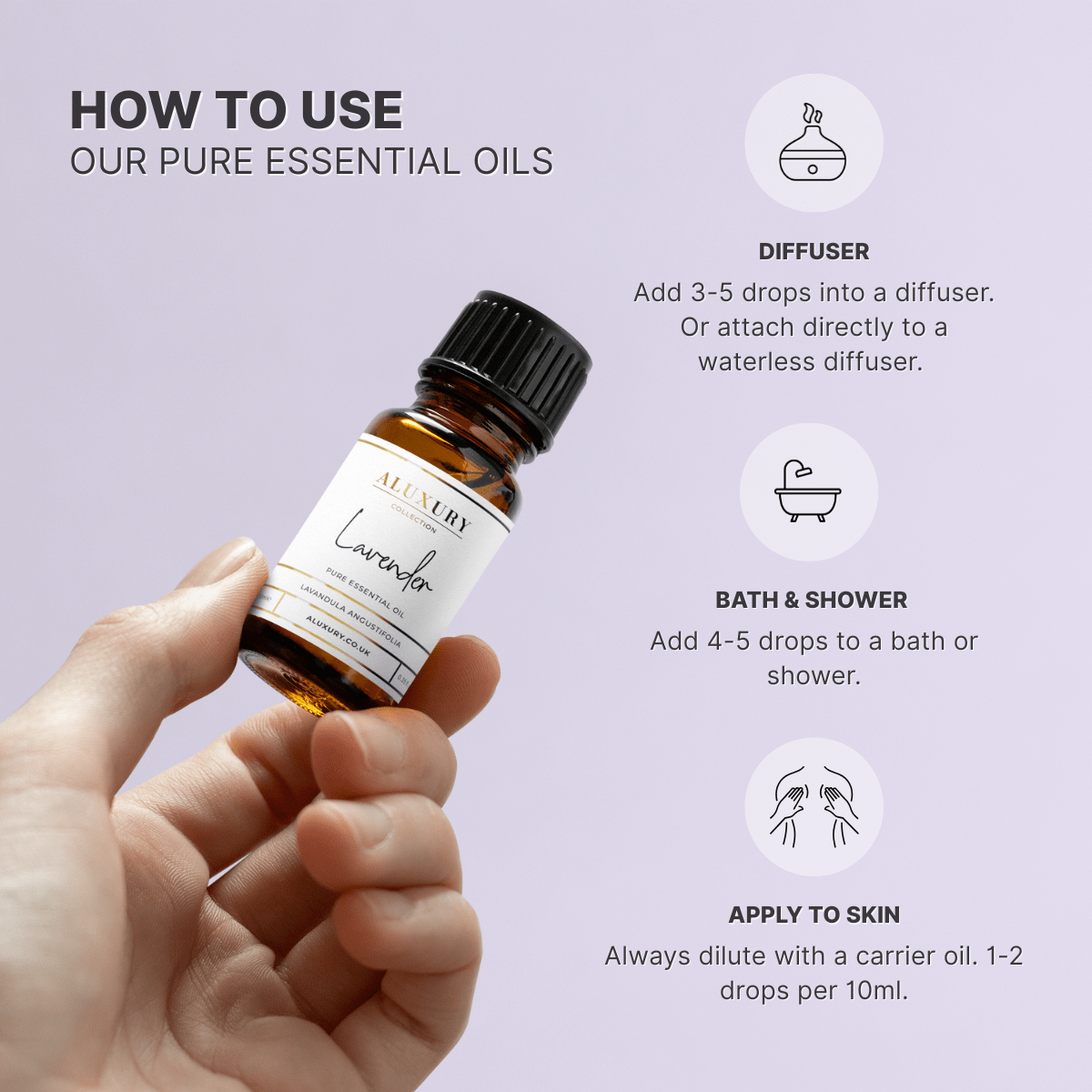Essential Oils for Relaxation
Discover the power of nature's most calming essential oils in our relaxation collection. Whether you're looking to unwind after a stressful day, create a peaceful home environment, or simply find moments of tranquility in your busy life, these carefully selected oils offer natural support for deep relaxation.
Each oil in this collection has been chosen for its proven calming properties and ability to promote a sense of peace and wellbeing. From the classic serenity of lavender to the grounding warmth of sandalwood, find your perfect relaxation companion among our pure, therapeutic-grade essential oils.
16 products
Why Choose Essential Oils for Relaxation?
• Immediate stress relief without side effects - Unlike pharmaceutical relaxants, essential oils work naturally with your body's chemistry. Studies show that inhaling lavender oil can reduce cortisol levels within 15 minutes, providing quick relief from acute stress without drowsiness or dependency risks.
• Create your personal sanctuary - Transform any space into a haven of calm with just a few drops. Whether it's your bedroom, office, or car, relaxation oils help establish peaceful environments that support your mental wellbeing throughout the day.
• Holistic nervous system support - Relaxation oils don't just mask stress; they help regulate your nervous system. Regular use can improve your body's stress response over time, making you more resilient to daily pressures and better able to maintain emotional balance.
• Versatile relaxation rituals - From morning meditation to evening baths, incorporate these oils into various relaxation practices. Each method offers unique benefits, allowing you to customize your approach based on your schedule and preferences.
How to Use Essential Oils for Relaxation
Aromatic Diffusion: Add 6-10 drops to your diffuser for room-wide relaxation. For immediate stress relief, try the "quick calm" method: place 2 drops of lavender on a tissue and inhale deeply 5 times. Perfect for anxious moments at work or while travelling.
Relaxation Massage: Create a calming massage oil by adding 10-12 drops to 30ml of carrier oil. Focus on tension points like temples, neck, and shoulders. For couples, exchange relaxation massages as part of your evening routine.
Calming Bath Ritual: Mix 6-8 drops with a cup of Epsom salts and add to warm bath water. Soak for 20 minutes while practicing deep breathing. The combination of warm water, minerals, and aromatherapy provides triple relaxation benefits.
Bedtime Application: Apply 2-3 drops diluted in carrier oil to the soles of feet before bed. The feet's large pores allow quick absorption, while the ritual itself signals your body to begin winding down for sleep.
Complete Guide to Relaxation Essential Oils
Understanding Stress and Aromatherapy
Chronic stress affects millions across the UK, contributing to anxiety, insomnia, and various health issues. Essential oils offer a natural intervention by influencing the limbic system - your brain's emotional control centre. When you inhale relaxation oils, they trigger the release of calming neurotransmitters like serotonin and GABA, creating genuine physiological relaxation.
Research from UK universities shows that regular aromatherapy use can reduce perceived stress levels by up to 40% and improve overall quality of life. The NHS now recognises aromatherapy as a valuable complementary therapy for stress management.
How to Choose Your Relaxation Oil
Select oils based on your specific relaxation needs: • For acute anxiety: Lavender, bergamot, or ylang ylang provide quick relief • For mental overwhelm: Frankincense, sandalwood, or vetiver offer grounding • For emotional tension: Rose, geranium, or neroli help release held emotions • For physical tension: Marjoram, chamomile, or clary sage relax muscles
Consider your scent preferences too - relaxation works best with aromas you find personally appealing. Start with lavender as a versatile baseline, then explore others.
Popular Relaxation Applications
- Workplace Stress Management: Keep a personal inhaler with lavender and bergamot for discrete stress relief during meetings or deadlines. Many UK companies now provide relaxation rooms with diffusers as part of employee wellness programmes.
- Evening Wind-Down Routine: Create a consistent relaxation ritual starting 1 hour before bed. Diffuse calming oils while dimming lights, practicing gentle yoga, or reading. This trains your nervous system to recognise and respond to relaxation cues.
- Weekend Restoration: Dedicate Sunday afternoons to deep relaxation. Run a aromatherapy bath, give yourself a foot massage with relaxation oils, and spend time in quiet reflection. Regular restoration prevents stress accumulation.
Expert Tips
- Layer your relaxation approach - combine diffusion with topical application for enhanced effects
- Create a "relaxation anchor" by using the same oil blend during meditation or calm moments
- Keep travel-sized bottles for maintaining relaxation routines away from home
- Experiment with different oils at different times - morning relaxation may need different support than evening
- Document which oils work best for your unique stress patterns in a wellness journal
FAQs
Which essential oil is most effective for relaxation?
Lavender remains the gold standard, with over 150 studies confirming its relaxation benefits. However, individual responses vary. Some find ylang ylang more effective for emotional stress, while others prefer the grounding effects of vetiver or sandalwood.
How long do relaxation effects last?
Immediate effects from inhalation typically last 1-2 hours. Regular daily use creates cumulative benefits, with many users reporting improved baseline stress levels after 2-3 weeks of consistent use. Topical application tends to provide longer-lasting effects than diffusion alone.
Can I use relaxation oils during the day without feeling drowsy?
Yes, when used appropriately. Oils like bergamot and geranium promote calm alertness rather than sedation. Save stronger relaxants like vetiver or valerian for evening use. Start with lower concentrations during daytime to gauge your response.
Are relaxation oils safe to use with anxiety medication?
Most relaxation oils are safe alongside anxiety medications, but always consult your healthcare provider. Avoid oils that may increase sedation if taking benzodiazepines. Start with gentle oils like lavender and monitor your response carefully.
Can children use relaxation essential oils?
Many relaxation oils are suitable for children when properly diluted. Roman chamomile, mandarin, and lavender are particularly gentle. Use 0.5-1% dilution for children under 12. Avoid strong oils like ylang ylang for young children.
What's the best relaxation oil for beginners?
Lavender is ideal for beginners - it's gentle, versatile, and well-tolerated by most people. Start with simple applications like diffusion before moving to topical use. A lavender-based relaxation kit makes an excellent starting point.


